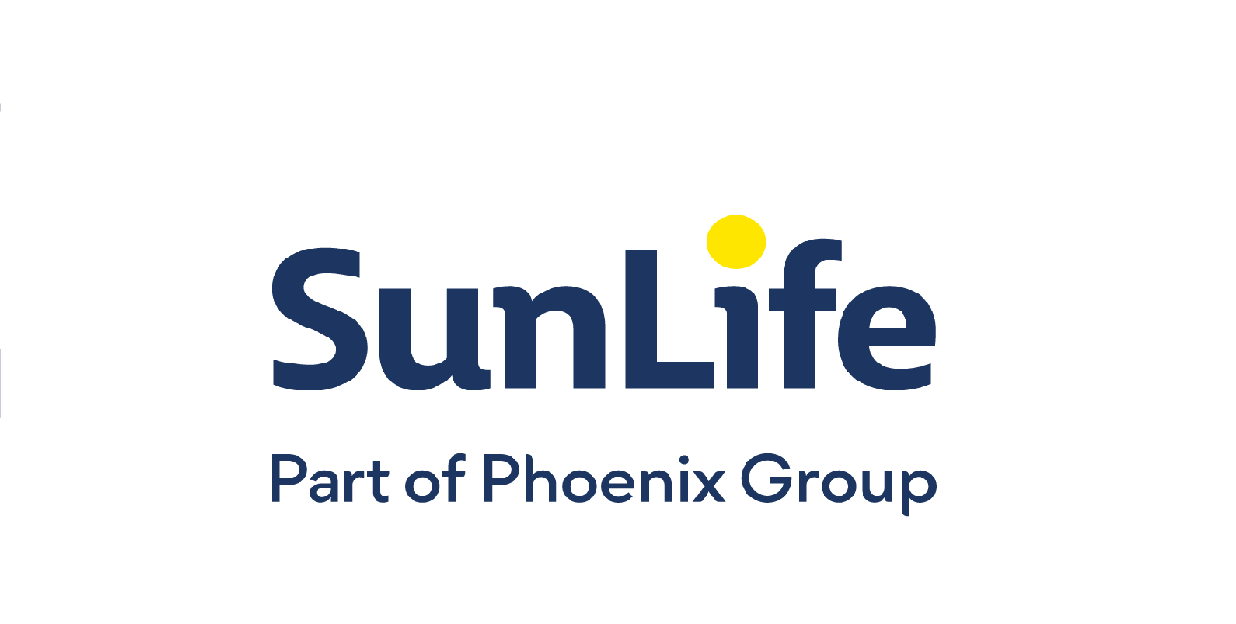It probably won’t come as a surprise to share that my personal experience of careers advice at school (in the 1980s and early 1990s) was pretty weak.
I was lucky however. My parents paid for me to get advice. I don’t remember taking much notice of it at the time, but I recently found the report for Catherine Sermon (aged 15), and was struck with how the insights compare now, more than 30 years later, to my career. If you will indulge me briefly. It set out that “…this pattern indicates that you would be most attracted to occupations which involve adopting an influential role in dealing with people and which offer scope for creativity and imagination.” It went on to identify qualities such as “sociable, assertive, imaginative and questioning”. If you think I’m just focusing on the positives then I can also share that among other areas “In contrast, you score well below average for that of mechanical reasoning.”
A career in campaigning for social change turns out to have been predicted, or at least predictable.
The Gatsby Revolution
Thankfully significant progress has been made in schools’ careers provision. From legislated entitlements for all children in education (which is essential for social mobility) to the amazing work, among others, of Sir John Holman, the Gatsby Foundation, and the Careers and Enterprise Company.
Yet as many of us now expect to work for longer throughout our lives - in a dynamic jobs market, with non-linear ‘squiggly’ careers the increasingly acknowledged norm - then surely this revolution in careers support and advice needs to continue beyond schools and education to adults, throughout life?
Research shows that half of workers over 45 want to change career, but that big changes like this are also often perceived as risky. So why aren’t more of us seeking help and advice? I have been wondering if that lack of careers advice when my generation were at school contributes or even leads to a lack of expectation of this support when we are older?
Careers support for adults is out there
There are some amazing organisations, apps, books and places people can turn to. I tested the National Careers Service skills assessment tool and could see how it’s questions were useful provocations in helping people identify their interests and preferences. I recently had the privilege of meeting people who had been through the Brave Starts programme. Some had been working continuously, others had career gaps or were looking to return to employment after a period of self-employment. All of them were finding the support and group dynamic provided through the programme a source of inspiration and motivation. One participant talked about it as “recovery of self-belief”.
In Ireland, Standard Life created the post of ‘End of Career, Guidance Counsellor’ with the amazing and imitable Brian Mooney. Following a fulfilling career supporting young people Brian has transferred that experience into providing coaching and motivation to people planning their next phase of life around retirement.
Employers can do more
Career development tends to focus on promotion, but employers should be more creative if they want to retain and optimize their experienced workforce. We don’t claim to have the answers but are trialling new approaches at Phoenix Group and committed to sharing the learnings. Last year we ran a pilot midlife MOT for colleagues, which highlighted not only the opportunity for us to ask ourselves important questions, but also to normalize this as something that we all do as a matter of course as part of getting older. We also recently launched a series of career development workshops run by Amazing If, this time open to all colleagues. In addition to the hopefully obvious benefit to colleagues this will help us test out and measure what makes the difference when it comes to career planning, and help us leverage our size, and breadth of roles as an employer, to understand what we can do to help our colleagues have a great ‘squiggly’ career.
Despite some great gems of support out there the adult careers guidance landscape remains, as summarised by the Gatsby Foundation research as “confusing, fragmented and unclear to users”.
Help us change this
This is why we are building a coalition of like-minded organisations to help motivate and mobilise more of us to look for and receive careers support and advice in midlife.
If you think you can help or you have ideas or experiences to share, please get in touch at catherine.sermon@thephoenixgroup.com.









